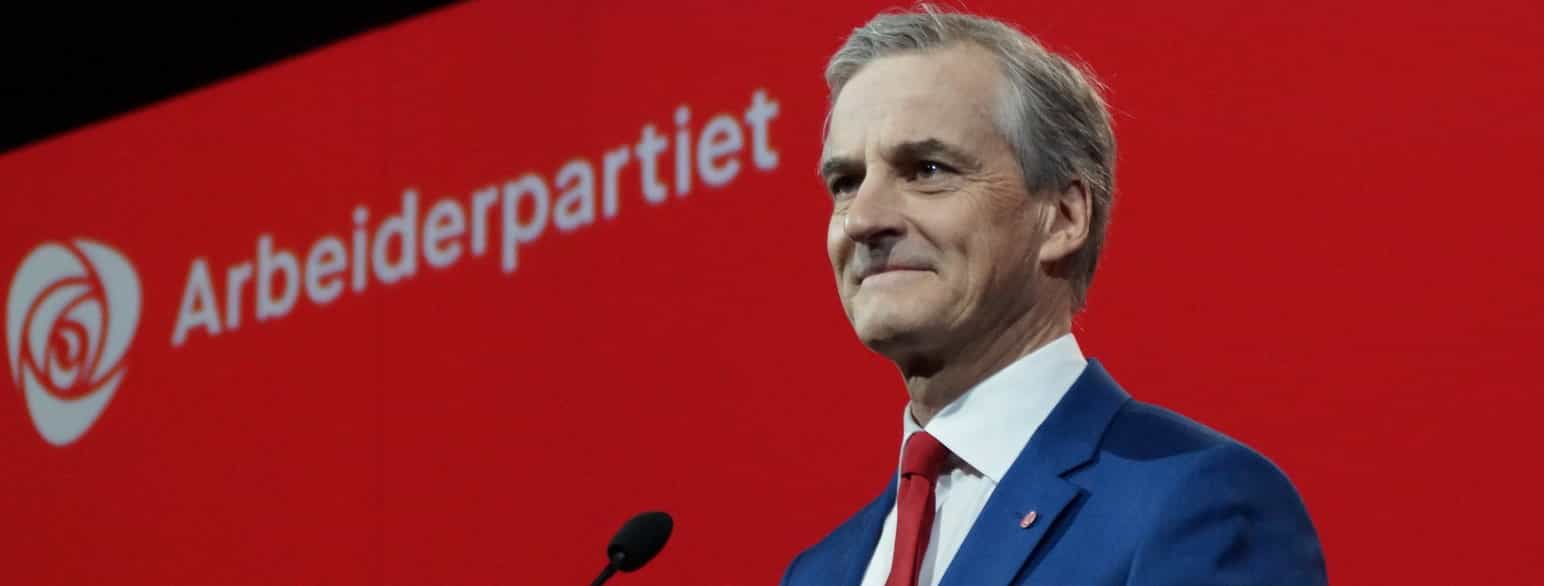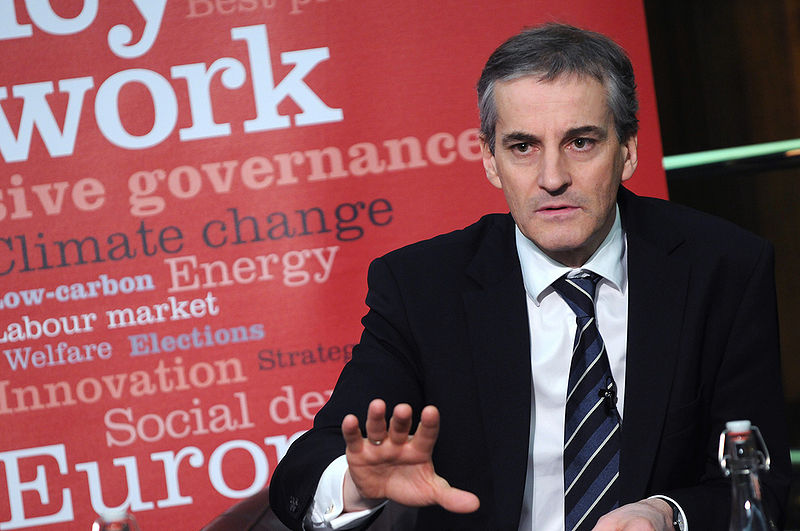Norway’s left-wing opposition won the elections with a considerable margin after its campaigning strategy was appreciated nationwide. The opposition party, led by Labour Party leader Jonas Gahr Store (61), got a landslide victory in the general elections. Such a win was celebrated because it meant an end to the reign of Conservative Prime Minister Erna Solberg, who had been on the high throne since 2013. Solberg (60) conceded defeat and was prepared to hand over power to the new administration, which will assume office soon. For the opposition party, their triumph marks a new era that will usher in unique developments in the country and break away from the old system of governance.

Various loyal supporters were seen roaming in the streets and at the parties’ facilities in a jubilant mood celebrating the polls’ results, and to onlookers, it seems as if the change was a need for a long time. “We waited, we hoped, and we have worked so hard, and now we can finally say it: We did it!” said Store. The Director of Elections posited how the coalition of the Labour party and four other center-left parties could attain 100 seats after 97,5% of the casted votes were counted.
Under the agreed terms, one earns majority rule after getting 85 seats in the 169-seat parliament, and Store, together with his people, scooped the seat from Solberg. Coalitions tend to have a huge impact on the outcomes of elections, and opposition parties can gain a lot of ground by uniting among themselves. “Norway has sent a clear signal: the election shows that the Norwegian people want a fairer society,” said Store. He had been very vocal about inequality issues and challenged the government to instill fair policies that would be inclusive of all citizens and offer universal opportunities. “I want a fairer society, with opportunities for all, and where we try to put everyone at work. That’s the number one priority”, as noted by Store, who also advocated for a “fair climate policy.”

“The Conservative government’s work is finished for this time around. I want to congratulate Jonas Gahr Store, who now seems to have a clear majority for a change of government,” said Solberg in accepting defeat on Monday night [Source]. Giving up an office that she had owned for eight years might have been hard, but she showed commendable maturity in allowing a peaceful transition of government change. She accepted the elections’ results. She alluded to her time as the PM by saying, “If we now look at Norway in the final phase of the coronavirus pandemic, employment is back where it was before the coronavirus. We have also encountered major challenges on our watch. The migrant crisis, the fall in oil prices, the coronavirus pandemic.”
Store’s status was elevated mainly because of his plans which he doled out to the public during his campaign. While the Greens were advocating for an “immediate end to oil exploration in Norway,” Store “called for a gradual transition away from the oil economy” [Source]. Norway’s economy also relies on the oil sector, which accounts for 14% of the country’s gross domestic product, 40% of exports, and 160 000 direct jobs. Hence, to abandon the oil exploration without careful considerations or implementation of alternatives would have plunged many citizens into poverty. But Store promised a transition plan that was deemed favorable given Norway’s reliability on the oil economy.
The coalition of opposition parties was composed of the Labour party, the Socialist Left Party, the Centre Party, the Greens, and the communist Red Party. Store is expected to become the next Prime Minister [Source] and is assigned the difficult task of uniting the coalition for a long-term run. He said, “We will take all the time we need to talk to the other parties,” as the way forward to ensure that all political parties try to co-exist peacefully and develop their country. Embedded in his plans to rectify the issues of social inequality, Store is prepared to cut taxes for low and middle-income families while increasing taxes for the rich communities [Source].
For now, Store and the Labour can enjoy their hard-earned victory and hope to harvest the fruits of their sweat. But it should not be overlooked that a coalition government needs a constant check to ensure that all political parties involved are united and in agreement with whatever the new prime minister will implement.







































